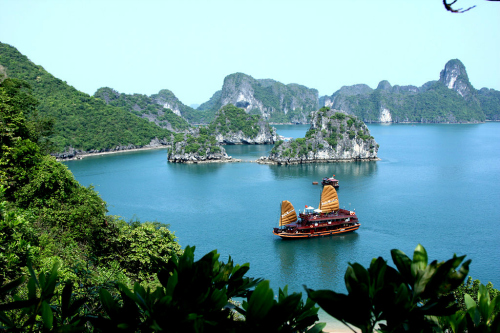Concerns over censorship have been increasing across the world in recent years, as governments everywhere are using a variety of means to control information in the media and on the internet. Organizations that study freedom and censorship have said that internet and press freedom have been declining for several years now. Even in countries that have traditionally been free for the most part, the situation seems to have deteriorated to some extent.Many European countries, for example, have shown a decline in press and internet freedom, and an increase in censorship, although they continue to much more free than most other countries around the world. Hong Kong too has traditionally been relatively free. However, in the past year Hong Kong has seen increasing amounts of censorship and intimidation from the government, including violence, cyber attacks, and arrests.
Nonetheless, there’s a massive difference between the kind of censorship that, for example, people in France need to deal with versus the censorship that people in North Korea need to deal with. Here are the ten countries with the most restrictive censorship laws in the world. These are countries where journalists, bloggers, and many other commentators and disseminators of information face serious threats of arrest and shutdown. In many cases, citizens have extremely limited access to the internet, and all media and means of communication are owned and controlled by the government.
There are of course many more countries that severely censor their citizens – Syria, Azerbaijan, Kazakhstan, and Saudi Arabia are only a few that come to mind – however, by most standards, these ten are the most restrictive.

Belarus has for a long time had freedom for the press and the internet, but censorship has increased considerably over the last decade. The constitution provides for freedom of the press, but there are several restrictions. Broadcast media is fully controlled by the government, and TV content is also largely decided by them. Criticism of the president and the government is illegal under the law, and in numerous cases, journalists have been prosecuted, fined, and even jailed for a variety of reasons.
Many newspapers have had their publication stopped for periods of time, and thousands of copies of newspapers have been confiscated by the police. Foreign journalists have at times been barred from entering the country, and local journalists have been harassed for contributing to international media. Even beyond such measures, the government tries to control media content by using roundabout means, such as applying economic pressure and making licensing and distribution difficult. The government also has wide powers to restrict and block online content, and can do so without the sanction of a court.
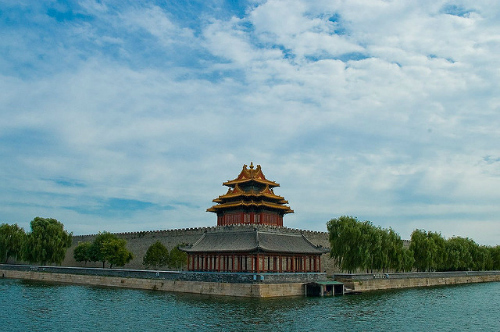
China is of course notorious for its widespread censorship and control of the media and the internet. Like many other countries with strict censorship laws, China’s constitution provides freedom of speech and freedom of the press, but these are subject to a number of restrictions, most of which are poorly defined and are therefore applied arbitrarily by the current leadership. Government authorization is required before reporting on a variety of topics, including protests and natural disasters, and many journalists, bloggers, and online activists have been detained and imprisoned for seemingly minor or false charges. Often, even reporting on such detainments and arrests is stifled.
Online content is also strictly filtered and often blocked, and social media platforms are severely restricted. China has been described as the worst abuser of internet freedom, with an extensive and complex system for filtering, blocking, monitoring, and modifying online content. The government has blocked many VPN service providers, and requires that all encryption products be authorized by it before sale. China has also been advising other countries, like Iran and Zambia, on how to block and control online content.
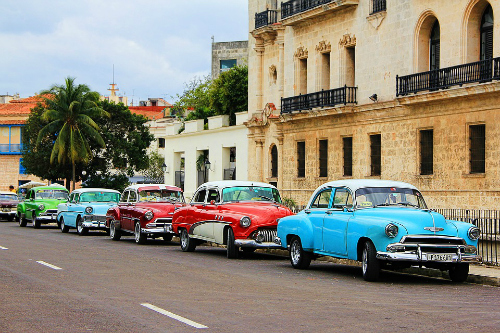
The Cuban constitution does not allow private ownership of media – all traditional media are owned by the government, and therefore only publish content that is approved by the government. The sale and distribution (and even ownership) of foreign publications is also illegal in the country. Cuban citizens have limited and severely filtered information on world events, and international journalists have severely restricted access to the country. A wide variety of news and opinion is also illegal, for reasons such as state security or lack of authorization.
Publications and journalists can be accused of spreading enemy propaganda, working for the US, and maligning Cuba’s socialist society or the Cuban revolution. Internet content is also severely restricted in Cuba. Access is poor to begin with (internet penetration is barely 30 per cent), internet cafes are all state-run and have software to detect “subversive” keywords, and there are severe penalties for unauthorized internet connections and unauthorized publication of content.
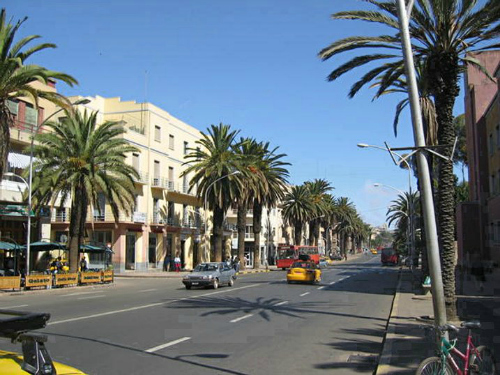
Eritrea probably shares the top spot on this list with North Korea, as these two countries have the strictest censorship in the world. Once again, freedom of the press is guaranteed by law, but a combination of legal restrictions and the political climate makes it difficult, if not impossible, for the press to function freely. Foreign ownership of media and, in fact, all private ownership of media are banned in Eritrea, and the handful of newspapers, television stations, and radio channels are under strict government control. Even journalists who work for the state media are under tight surveillance and are at risk of legal harassment and other threats.
Many journalists and other people who have been critical of the government have been detained or arrested, and some of them have been kept in undisclosed locations, with no formal charges, while others have been sentenced to what is called “national service”, which is essentially forced labor. Internet penetration in the country is less than two per cent – services are expensive, quality is low, and access is difficult – but in spite of this, the government seems to be putting considerable effort into monitoring internet use. The handful of internet cafes in the country are watched over by government security agents, many websites (especially those run by Eritrean exiles) are blocked, and internet use, including email communication, is said to be closely monitored.
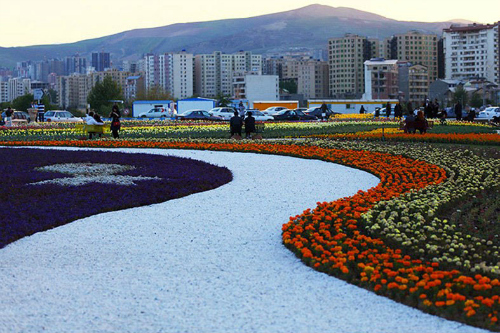
Iran is in a state of flux, and there is a constant tussle between hardliners and reformists. The country’s constitution provides for limited freedom of the press. A number of vaguely worded laws that are open to broad and arbitrary interpretation allow for severe restrictions on press activity. Among the violations that are poorly defined are propaganda against the state, insults to religion, causing anxiety and unease to the Iranian public, and criticizing government officials. The punishments are often harsh, and legal recourse is limited; individual journalists can be sentenced to long imprisonment, lashing, and even the death penalty, and publications can be temporarily banned without legal process, and can even be permanently banned or shut down. Publications are also banned from employing journalists and writers who have a criminal record.
The main organization for human rights in Iran was shut down in 2001 after accusations that it did not have a proper license to operate. Internet use and online dissent (mostly anonymous) are growing in Iran, but the government has simultaneously been cracking down on people it considers dangerous. There have been attempts to block a wide variety of content, including blogs, chatting apps, news websites, and anonymous browsing tools.
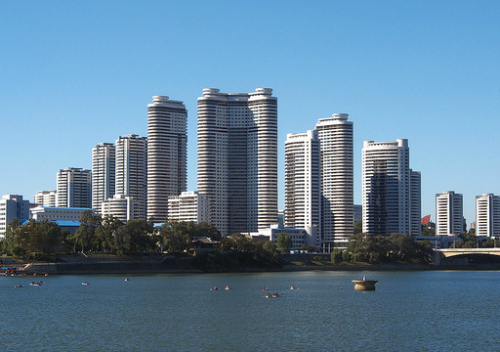
As we said earlier, North Korea, along with Eritrea, is probably the country with the most restrictive climate of censorship. The state-run Korean Central News Agency (KCNA) provides all the content that the country’s print publications and broadcasters put out, and this largely consists of coverage of the activities and accomplishments of the North Korean leadership. In particular, there is a focus on the daily activities of Kim Jong-Il, and there are regular assertions of the claim that foreign journalists and media outlets are full of false news that is aimed at destroying the country. North Korean citizens are banned from accessing foreign media, and are punished harshly for violating the law.
Journalists too face harsh punishments for any violations. Only a few foreign journalists are allowed into the country, and even these are closely monitored and their access to people and places is strictly limited. Internet access is allowed only for top government officials; everyone else, including academic institutions, only has access to a limited, local network known as Kwangmyong.
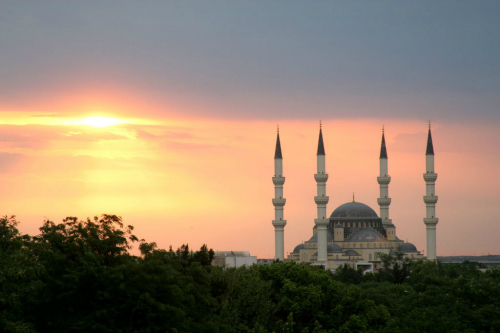
Since gaining independence in 1991, Turkmenistan has been one of the most repressive countries for free speech and the media. In 2013 a new law was enacted to protect free expression and to limit government control and censorship of the media; however, things have been slow to move on the ground, and nearly all news outlets in the country continue to be funded and controlled by the government. Criticism of the president and the government is forbidden, and although most journalists and media outlets self-censor in order to avoid trouble, some still fall foul of the system. As a result, journalists are often detained and harassed, and some are blacklisted and find it difficult to travel both within the country and internationally.
Foreign newspapers and periodicals are banned, and so are foreign television channels, but many people manage to use illegal satellite dishes. Internet access is severely restricted, and the quality of service is extremely poor while the cost is high. As a result, less than 15% of the population uses the internet, and this too is limited, with many sites and applications blocked.
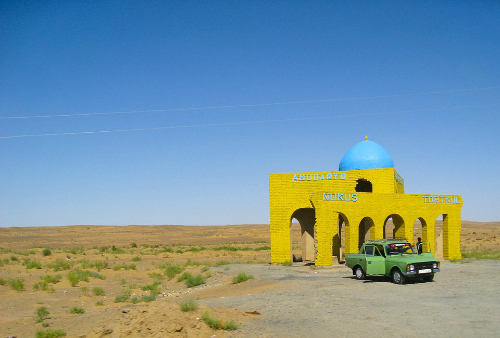
Most media outlets are owned or controlled by the government, which uses them to promote itself and to suppress all criticism. The freedom of the media is also severely limited by the law, which allows for fines and imprisonment in cases of libel and defamation; in particular, a maximum of five years of imprisonment is possible for “insulting” the country’s president, and there are penalties for a variety of other charges, such as “interference in internal affairs”. Foreign media are not allowed in the country, and local journalists are not allowed to work for foreign news outlets. Over 40 per cent of the population has access to the internet, and many use it to voice criticism and freely discuss topics that are otherwise taboo. However, the government has blocked access to a variety of sites, including social media platforms, foreign news websites, and the websites of human rights organizations.
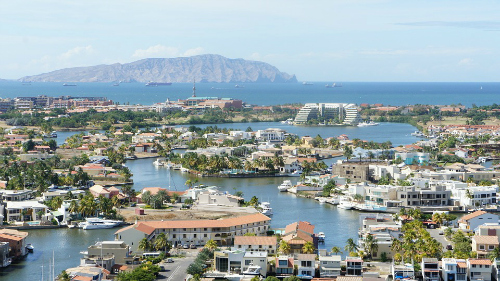
Venezuela has suffered under strict censorship for many decades, but over the last few years, in response to political unrest and widespread anti-government protests, the authorities have clamped down even further. Coverage of the anti-government protests has been banned, and at least one channel was blocked for not respecting the ban. Journalists have been arrested and harassed, and newspapers and television channels have been hit with huge fines for a variety of reasons, usually justified under the cause of protecting democracy and national security. Media outlets are also forced to carry government messages without payment, and radio and television channels often have their regular broadcasts interrupted by live messages from the government.
Many previously independent publications and channels have begun toeing the government line, either after shady buyouts or as a result of political pressure. More than 50 per cent of the population has internet access, and although the government monitors internet activity and quality is poor outside the big cities, many citizens regularly use social media and independent, internet-based news outlets.
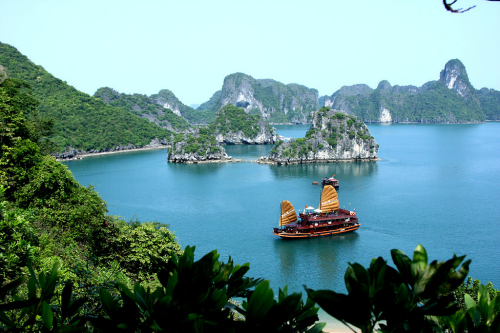
Under Vietnam’s criminal code, speech that is critical of the government is illegal, and can be punished with fines and imprisonment. In addition, there are laws that prohibit a wide range of vaguely-defined activities, such as “abuse of democratic freedoms”, and these laws have been used to harass and suppress journalists as well as independent bloggers. The government mainly uses the media as a propaganda tool, and criticism of almost any kind is disallowed, except, for example, for coverage of low-level local corruption.
Foreign publications and broadcasts are allowed in the country, but must submit themselves for approval and censorship. However, internet penetration has been growing in the country, and over 50 per cent of the population now has internet access in some form or the other. Although the government blocks a variety of content, monitors internet activity, and has banned the use of online pseudonyms, many Vietnamese citizens are able to bypass these restrictions to freely express themselves.

